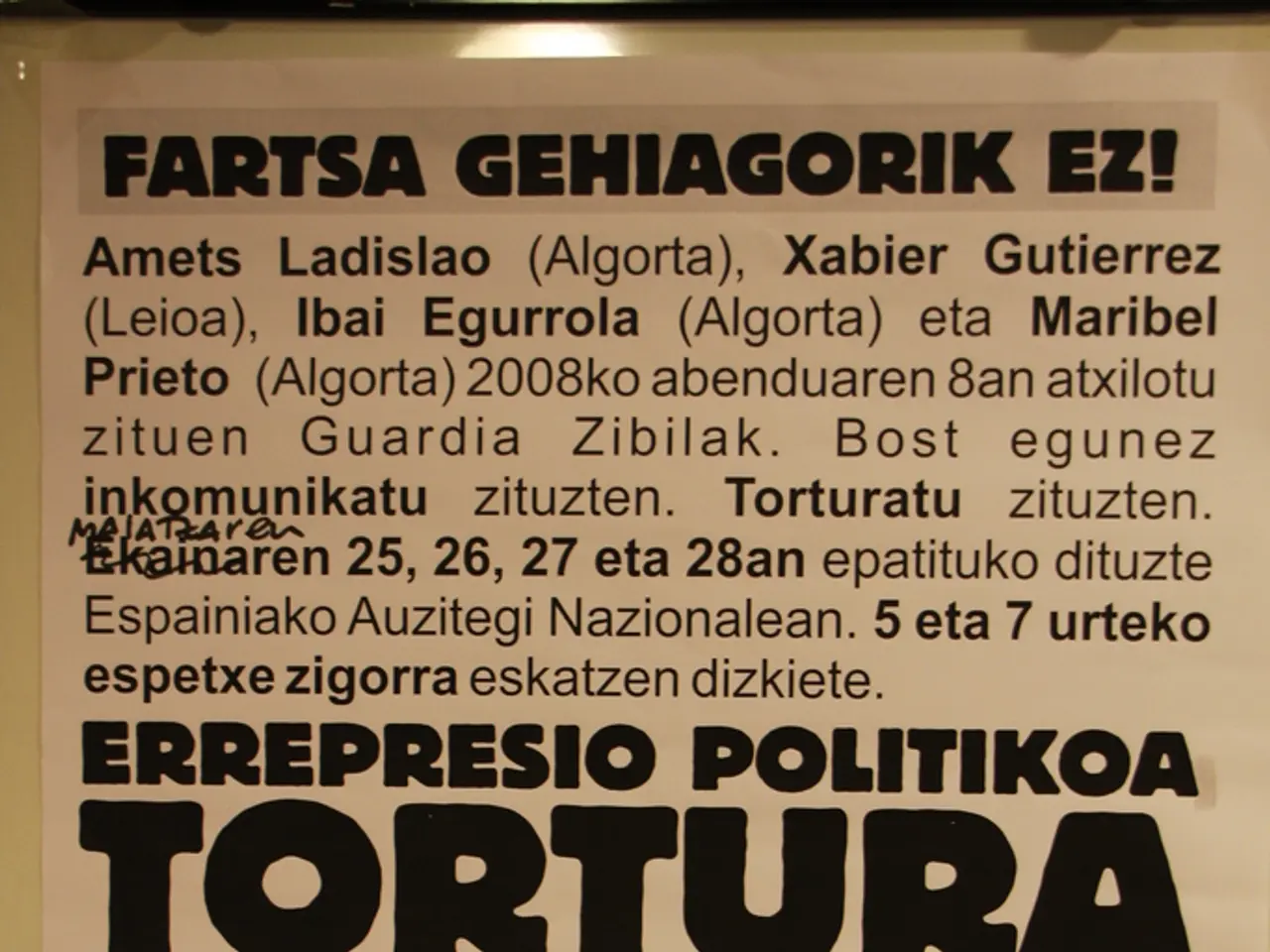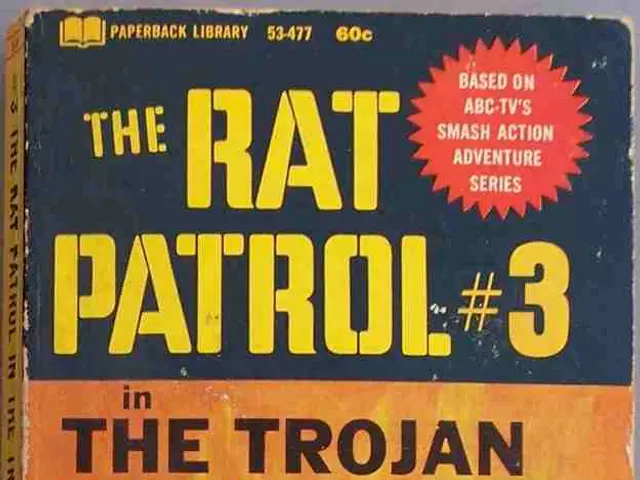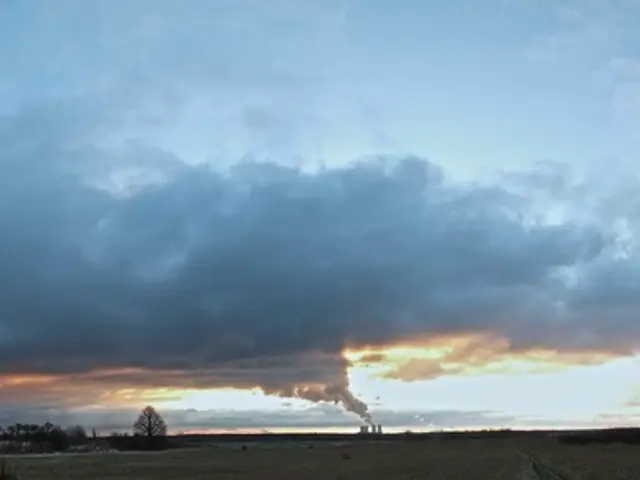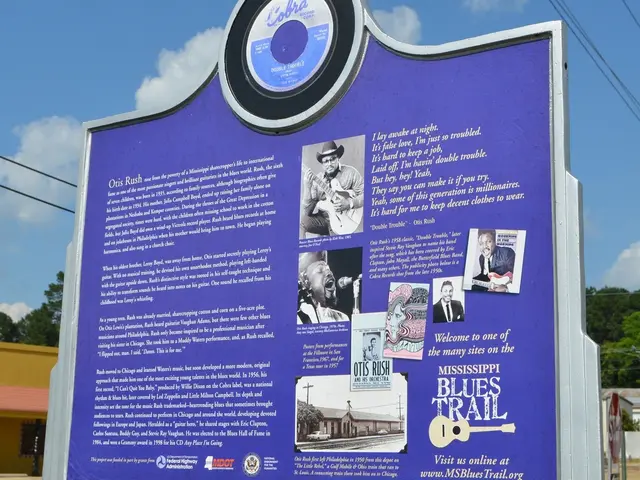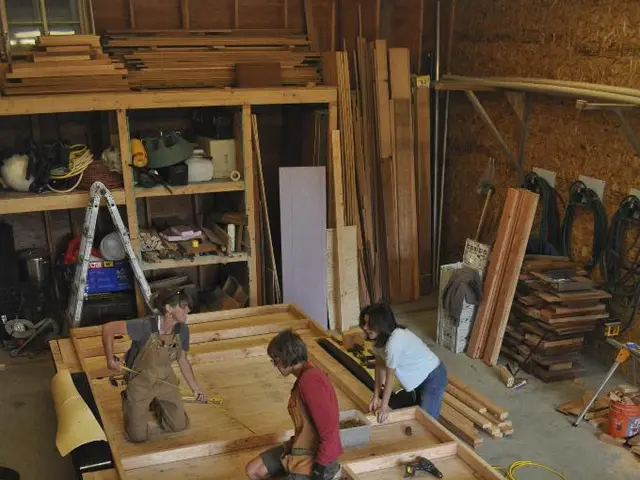U.S. Empire's Influence in Puerto Rico's Dance Hall Arena
In the heart of New York City, the Kiki Ball del Palabreo event took center stage, celebrating the rich history of Puerto Rican diaspora in the formation of Ballroom culture. Co-organized and hosted by a linguistic anthropologist and the Puerto Rican Ballroom collective Laborivogue, the event was a tribute to the early days of Ballroom and the intimate connections that link San Juan to New York in the performance and celebration of this specific art form.
The night began with a kikitorio, a lively conversation, focusing on trans-Puerto Rican experiences and their role in shaping the subculture that's now celebrated globally. Mother G, a prominent figure in the Ballroom scene, stood up from the judges' panel and made a subtle yet powerful critique. "I don't want to hear English, I don't want to hear English. Speak Spanish!", she declared, challenging the valorization of English in the Puerto Rican ballroom scene.
Throughout the event, participants brought attention to the tensions between these Ballroom scenes, highlighting the colonial relationship of the U.S. government with Puerto Rico. They used the language and art of Ballroom to question and change these power dynamics in subtle and direct ways. Ballroom artists called for Puerto Rico's political independence, incorporating anti-colonial themes into dance categories.
One such category was "Reading about her fashion," which asked artists to critique each other's clothing choices. TRE, a non-binary, feminine-presenting Black Puerto Rican member of the House of G, used this opportunity to draw attention to the colonial mechanisms that affect the daily lives of queer and trans Puerto Rican people.
Father E, another prominent figure in the Ballroom scene, reminded the audience of the prejudice that some participants encounter for speaking Spanish in mainstream events like the Latex Ball in New York. He acted as commentator throughout the night, controlling the crowd's energy and rhythm and ensuring everyone stayed engaged and knew what category was coming next.
The event also revealed some of the long-term effects of US colonialism and the completely inadequate federal response to Hurricane Maria in 2017, which led to increased gentrification and displacement in the archipelago. Participants criticized these issues, using their creative linguistic repertoire to shine a light on the ongoing struggle for independence and equality.
The shade of using English on the dance floor was part of this anti-colonial politics, where artists put their creative linguistic repertoire into action to draw attention to the colonial mechanisms that affect their lives. The Kiki Ball del Palabreo was not just a celebration of Ballroom culture, but a powerful statement against colonialism and a call for change.
Read also:
- Asthma Diagnosis: Exploring FeNO Tests and Related Treatments
- A leading CDC officer steps down, ending their tenure with a bold stand as expressed in their resignation correspondence.
- Transforming collapsing bee colonies into flourishing apiaries by a woman
- New York City to Eliminate Processed Meats, Boost Plant-Based Proteins in School and City Meals
